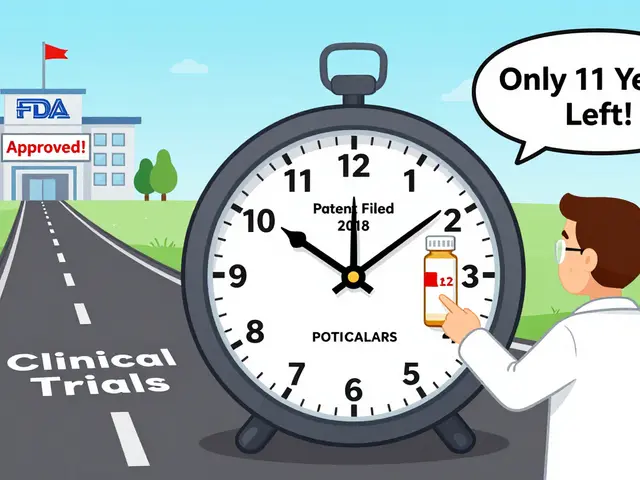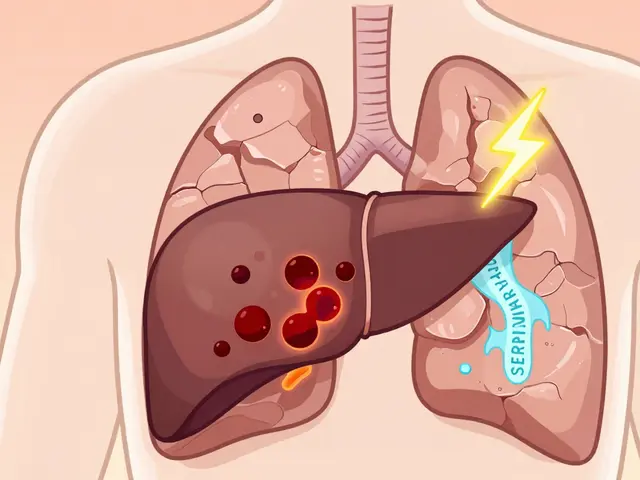Superfoods: Top Picks, Benefits & How to Use Them
Want simple ways to boost nutrition without guesswork? Superfoods are nutrient-dense foods or supplements that can fill gaps in your diet. They aren’t magic, but a few smart choices—used right—can help energy, brain function, digestion, and immunity.
Quick picks you’ll actually use
Garden cress: Tiny leaves, big impact. Garden cress is packed with vitamins A, C, and iron. Sprinkle fresh cress on salads or blend a tablespoon of powdered cress into smoothies for a mild peppery kick and a vitamin boost.
English walnut supplements: Walnuts offer omega-3s that support brain health. A small handful (about 1 oz or 28 g) daily gives healthy fats and antioxidants. If you use a concentrated supplement, follow the label dose—more isn’t always better.
Luffa as a supplement: Yes, the same plant used as a sponge has edible parts and extracts studied for digestion and metabolic support. Use powdered luffa in small amounts (follow product instructions) or try recipes that include young luffa fruit in stews and stir-fries.
Black seed (Nigella sativa): People use black seed oil for immune support and inflammation. It can interact with drugs and, in high doses, may affect the liver. The site’s guide on black seed dangers explains safe daily limits and common interactions—read that before starting, especially if you take prescriptions.
How to use superfoods safely and effectively
Start small. Add one item at a time so you notice benefits or side effects. For whole-food superfoods (nuts, greens, seeds), aim for food-based servings first before trying concentrated supplements.
Watch interactions. If you’re on medication—statins, blood thinners, diabetes drugs—check interactions. For example, black seed can affect liver enzymes; walnuts and luffa can impact how you absorb meds or other nutrients. When in doubt, ask your pharmacist or doctor.
Quality matters. Choose reputable brands, look for third-party testing, and avoid supplements with vague ingredient lists. For powders and oils, check for contamination reports and clear dosing instructions.
Pair wisely. Some nutrients absorb better together—iron needs vitamin C, while fat-soluble vitamins (A, D, E, K) need dietary fat. So add a drizzle of olive oil to your salad with garden cress or eat walnuts with fruit.
Practical habits: store seeds and nuts in the fridge to prevent rancidity, keep powders sealed and dry, and follow expiry dates. If a product promises unrealistic results, treat it with skepticism.
Want guides and safety notes? UniversalDrugstore.com has in-depth pieces on garden cress, English walnut supplements, luffa, and black seed risks. Read those pages to match a superfood to your goals and avoid common mistakes.
Small, consistent changes beat dramatic, short-lived fixes. Try one superfood for 2–4 weeks, track how you feel, and adjust from there.
Unlocking the Hidden Power of Apricot Supplements for Wellness
Apricot supplements are gaining popularity for their multiple health benefits. These natural supplements are packed with vitamins, minerals, and antioxidants that can contribute to improved overall wellness. Learn about the lesser-known advantages of apricot supplements and how they can support your health journey. Discover tips on incorporating these supplements into your daily routine.
Read More





